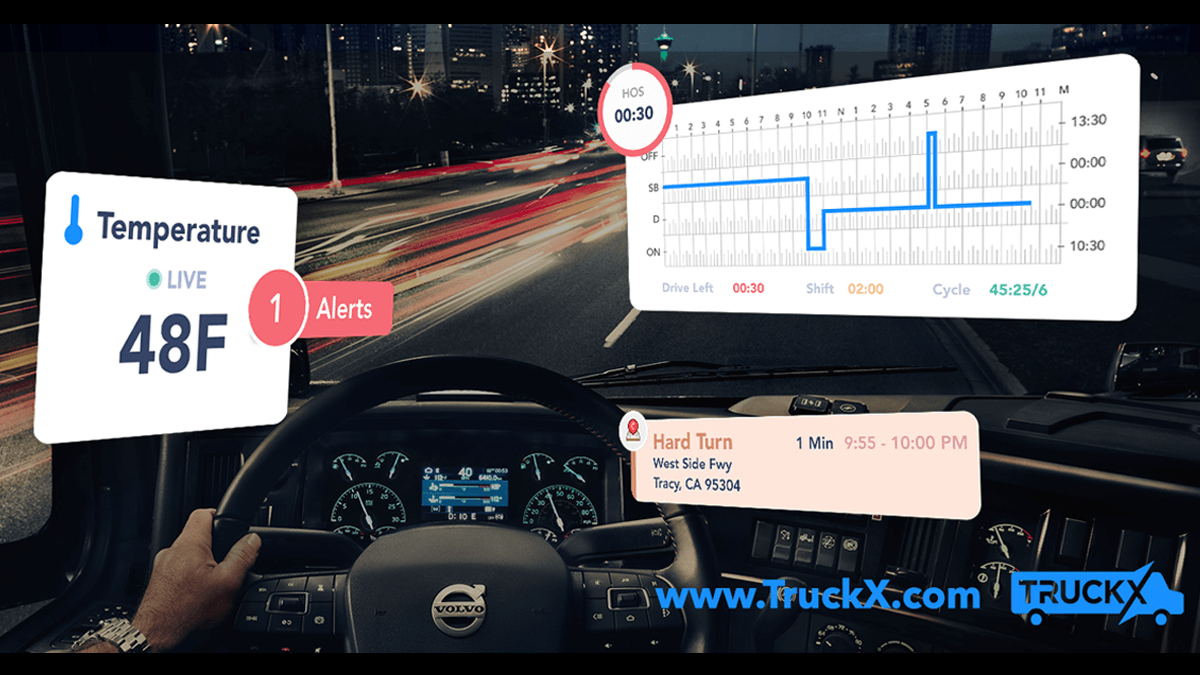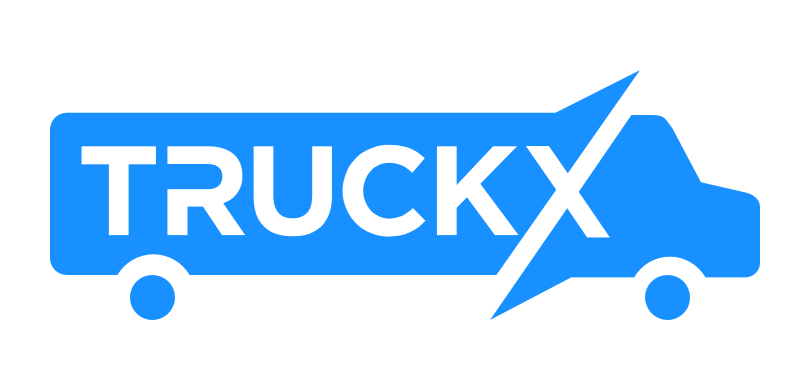The trucking industry has faced numerous structural and systematic challenges as a result of the COVID-19 pandemic. However, since the eCommerce industry has undergone an unprecedented surge, the intra-regional transportation of goods and services has dramatically increased – and so has the demand for experienced truckers.
In fact, with a CAGR of 5%, the global trucking market is anticipated to surpass $4 trillion by 2031. As it stands, it is likely to experience a lot of disruptions.
Below are the possible disruptions that can alter the direction of the trucking industry in 2023 and beyond.
Upcoming Disruptions in 2023 and Beyond
Inflation and Market Dynamics
Factors such as rising oil prices, evolving work styles, a potential impending recession, and a boom in eCommerce have altered how we view the impact of the trucking industry and its related subsidiaries. When movement restrictions were put in place in 2020, many small businesses shut their doors, causing job losses and market tremors. There is a good chance that more trucks will be assigned and that truckers will rejoin the forces now that the situation is improving and the industry is fully operational. However, we cannot ignore the market dynamics. A better understanding is required to combat inflation and shifting consumer preferences.
More profoundly, better route and delivery schedule planning is necessary to go green and reduce fuel costs. Canceling empty return journeys can assist in kicking things off. But how can this be achieved? The answer – real-time data delivery to the backend office. This is possible with the proper asset trackers installed on the fleet, but it takes careful planning.
Supply Chain and Logistics Disruptions
Disruptions to the supply chain and logistics have been ongoing for a while, and it doesn’t appear that anything will change in the upcoming year. The trucking industry is struggling due to lockdowns in China and backlogs on the US west coast and Shanghai. There have already been internal problems in the trucking industry, such as driver shortages and slow delivery times, and the rest just compounds the problem.
In fact, there has been a significant gap between supply and demand because there aren’t enough trucks being produced. The lack of semiconductor chips may be one reason for this development slowdown, but other explanations include the state of the trucking industry, its losses, and a theoretical expectation of a recovery period by 2024. This results in the use of fleets that are no longer suitable for the road, bringing negative aspects of the situation to light. These are some of the problems that people in the industry are aware of. So, it’s highly likely that effective interventions, both technological and operational, will be put into place to bring balance to the industry in terms of supply and demand.
Also Read: How Technology Can Help Trucking Companies Become More Efficient and Reduce Waste
Sustainability and Safety
Various countries around the world have made sustainability claims, and the same has been expected of organizations. Businesses have committed to reducing their net carbon emissions in the years to come, and planning is already underway in that regard. The major shift that will cause disruption in the trucking industry is the move to renewable models and the inclination towards the EV bandwagon. Although this is a slow process, it will undoubtedly bring in challenges for current freight owners and trucking firms, as the move would be a huge one.
Additionally, many organizations will place a high priority on safety, and rightly so. Be it sensors, cloud cameras, or trackers, the trucking fleet has always needed an upgrade. The trucker and fleet manager’s expectations and the need for collaboration are both enormous in this case. To make the world greener and safer in the years to come,
Holistically speaking, the major trucking firms will collaborate with tech-first companies to prepare for the years ahead. There will be several of these partnerships in 2023, which will equip the fleets better.
In a Nutshell
2023 will witness some significant disruptions due to the industry’s search for more environmentally friendly and technologically advanced options. To that end, businesses can stay on the cutting edge with proper strategic planning and portfolio management.
At TruckX, we provide freight solutions that prepare you for the future. Get in touch with us and learn about the wide range of tech products we offer that are perfectly suited to handle the challenges that the trucking industry is (and will be) facing.

